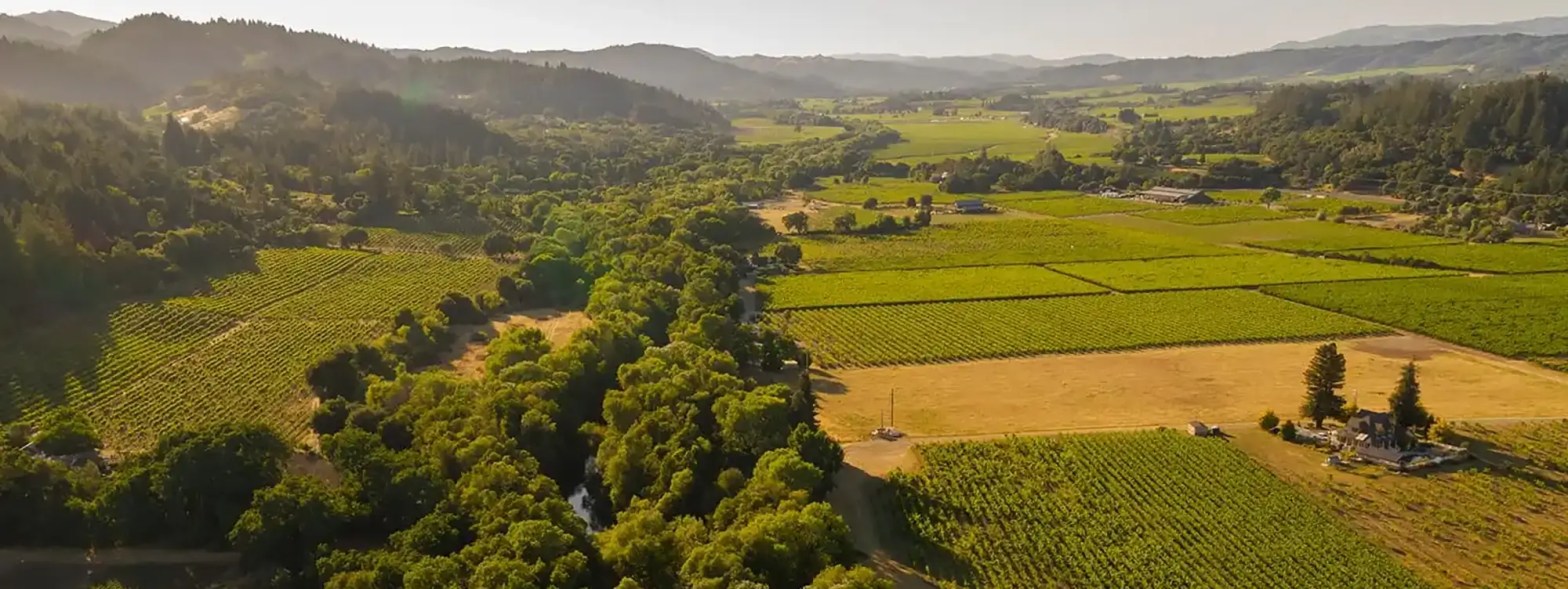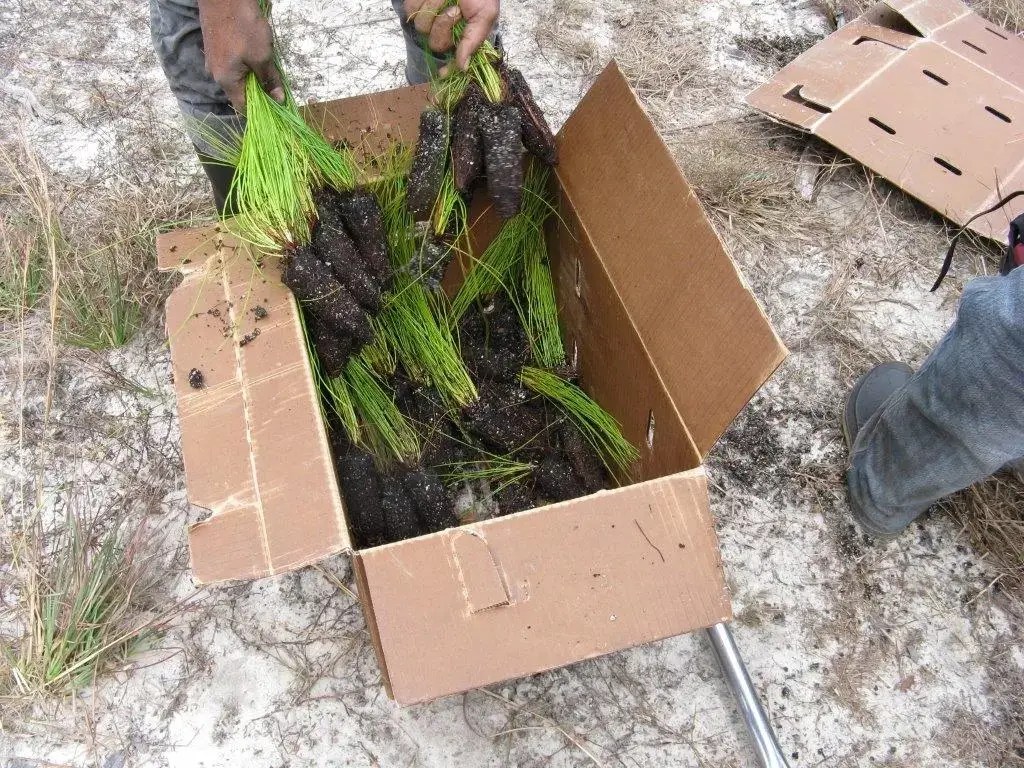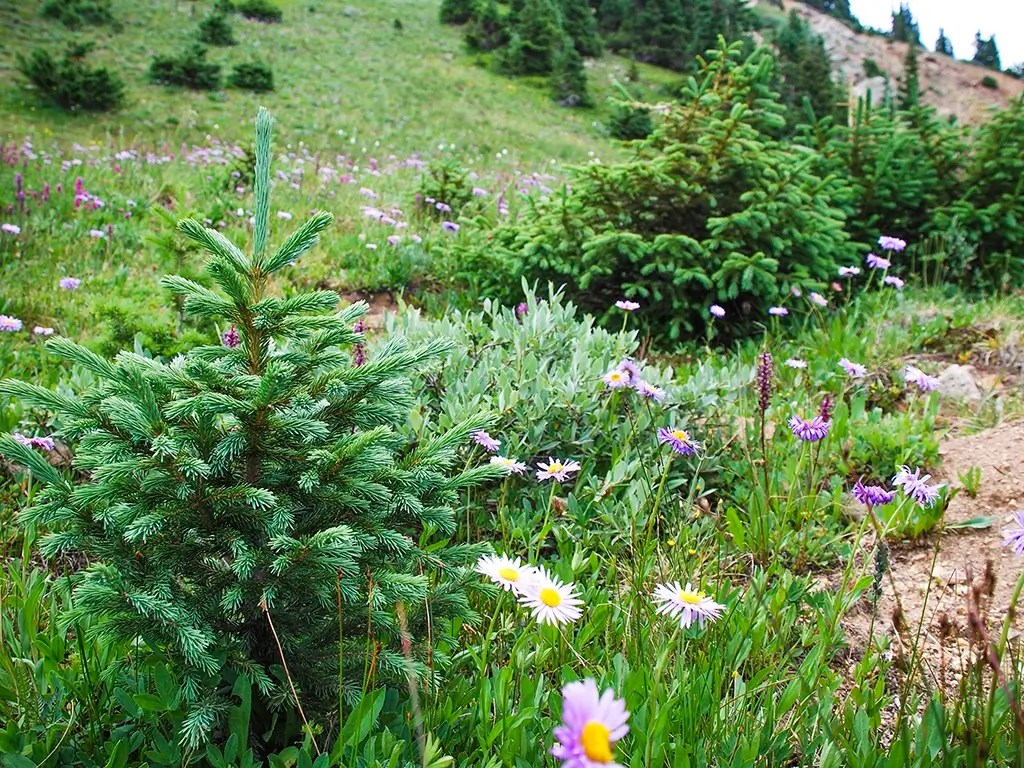
Wines from 100% CSWA Certified Sustainable Vineyards
At RICKSHAW, our philosophy is simple: do as much good as you can, and always strive to make a positive impact. Small actions can lead to big changes, and we believe that taking care of both our people and our planet is essential. That’s why we invest in sustainability at every step of the process, sourcing our wines from 100% CSWA certified sustainable vineyards across California.
The Arbor Day Foundation has been inspiring people to plant, nurture, and celebrate trees since 1972. And that simple mission has had a global impact. The Foundation has grown to become the largest member nonprofit organization dedicated to planting trees — working with members, supporters, and a strong network of partners to plant and distribute trees in forests and communities worldwide. By supporting strategic reforestation efforts, we are contributing to a healthier, more sustainable planet.
RICKSHAW is partnering with the Arbor Day Foundation to help restore critical forest ecosystems throughout 2025

Sustainability in Action: RICKSHAW + Arbor Day Foundation
RICKSHAW is committed to sustainable sipping, with all our wines coming from 100% certified sustainable vineyards across California.As an extension of this commitment, RICKSHAW is proud to support the Foundation’s efforts to solve issues our planet faces that are directly impacted by climate change through strategic reforestation projects. RICKSHAW invites you to join us in our support of our precious green spaces and to sip more sustainably.
In 2025, RICKSHAW and the Arbor Day Foundation helped restore longleaf pine ecosystems in Texas and aid in the Rim Fire restoration efforts in California. Both of these projects aim to preserve biodiversity, improve wildlife habitats, and contribute to a resilient and sustainable future. Read more about the RICKSHAW and the Foundation’s projects and their impact below.
Longleaf Pine Ecosystems Restoration Across Texas
Longleaf pine was once the dominant tree species in the South, covering more than 90 million acres from Virginia to Texas. Early settlers gradually began clearing the forests away for agriculture and lumber around 400 years ago. As they disappeared, these valuable trees were replaced with less expensive and faster-growing varieties. Today, the longleaf pine covers less than 3% of its original range. That loss of ecosystem has been devastating to the nearly 600 animal and plant species that depend on it.
Efforts are ongoing to restore longleaf pine forests primarily on private lands throughout the region, with tree planting planned on multiple tracts of land in Texas. Longleaf pine’s natural habitat stretches across a significant amount of private land, and the landowners in this project are excited to make a difference and restore their cherished property back to its former beauty.
As the trees grow, they will reduce forest fragmentation and give a home to endangered and keystone wildlife like the red-cockaded woodpecker, indigo snake, and gopher tortoise. They’ll also reduce erosion, due to their ability to grow in sandy and mountainous areas. And, because longleaf pine is resistant to weather extremes and disease, these positive impacts will continue on for generations.


Rim Fire Restoration – California
The 2013 Rim Fire was the largest recorded wildfire in the history of the Sierra Nevada at the time, making its way through 257,314 acres of grass-oak woodlands, chaparral, ponderosa pine, and mixed conifer forests over the course of three months. Most of the charred landscape was within the Tuolumne Watershed, and more than 90,000 acres were burned by high-severity fire — a devastating blow for the region.
A multi-year effort has been ongoing to restore native forest cover to the land. Newly planted trees will protect the water quality in area waterways by filtering precipitation and controlling runoff. They will also provide improved habitat for the variety of wildlife species that call this region home, including the Tuolumne herd of mule deer.
Monitoring and management will be ongoing to ensure a healthy, resilient forest that will thrive for generations to come.
Smarter Materials
At RICKSHAW, sustainability extends beyond farming. We’re committed to reducing our environmental footprint with smarter materials in 2025:
Lighter-Weight Bottles: We’ve switched to lighter-weight bottles, reducing both energy consumption and emissions during production and transport, also recyclable
Recyclable Sugarcane Labels: Our labels are made from sugarcane paper, a renewable material that’s recyclable, keeping sustainability at the forefront of our packaging.
Cork Closure: We are transitioning to cork closures, using a natural material that’s renewable, biodegradable, and offers a sustainable alternative.
100% Recyclable Cartons: Ensures that our packaging is both eco-friendly and convenient for consumers to recycle.
These changes reflect our ongoing commitment to sustainability, making sure that every bottle of RICKSHAW wine supports a healthier planet.
